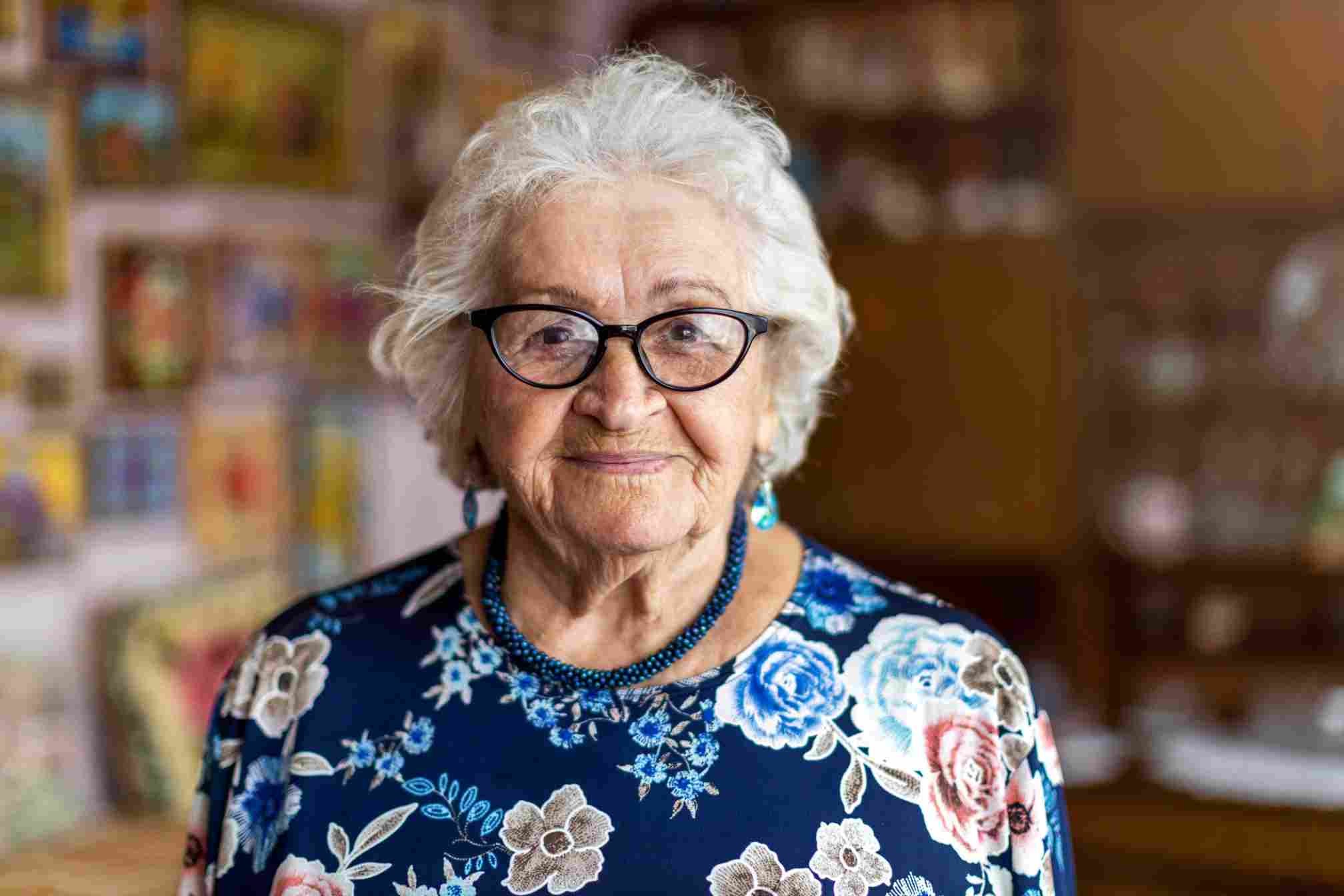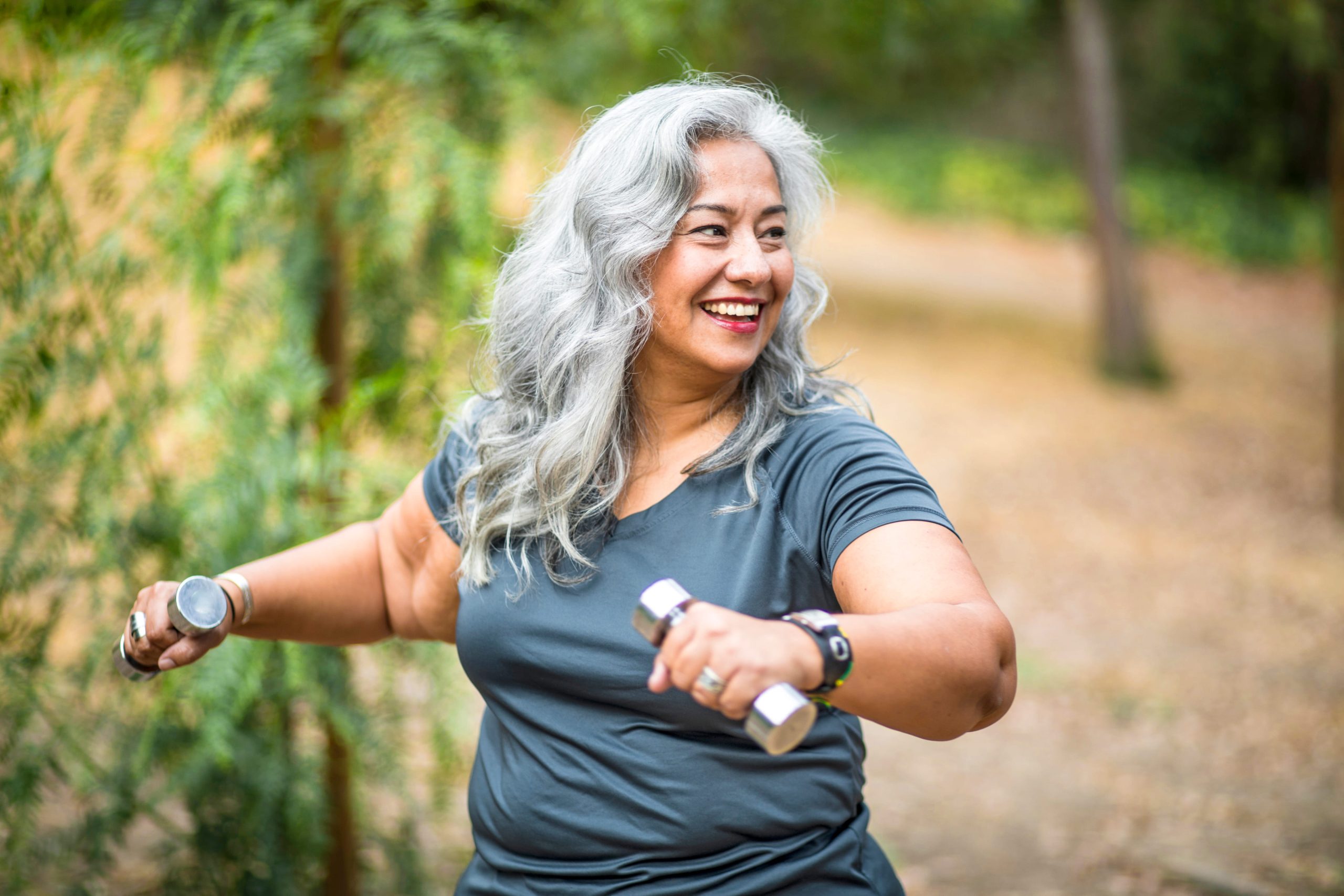The End-of-Life Pathway: Supporting You and Your Family
October 22, 2025
Support at Home will roll out next month, bringing significant changes to the way home care services are funded. This includes the introduction of eight funding levels instead of the current four, and new short-term funding streams such as the Restorative Care Pathway and the End-of-Life Pathway. These pathways are designed to make sure people receive the right support at the right time.
The End-of-Life Pathway is a dedicated funding stream created to help you or your loved one receive compassionate support at home during the final months of life.
About the End-of-Life Pathway
Many older people wish to spend their final days at home, surrounded by the comfort of familiar faces and places. The End-of-Life Pathway helps make this possible by providing up to $25,000 in funding over 12 weeks, ensuring that people with a prognosis of three months or less can access the additional care they need to remain at home with dignity.
This specialised pathway focuses on comfort, respect, and emotional wellbeing, supporting both the individual and their family through what can be a deeply meaningful time.
What kind of help is provided?
The End-of-Life Pathway is designed around individual needs. Support may include:
- Nursing and palliative care
- Personal care and assistance
- Emotional and social support
- Essential equipment such as beds or wheelchairs
- Support for carers and family members
Who delivers End-of-Life care services?
If you’re already receiving home care, your existing care partner will coordinate your end-of-life supports.
If you or your loved one are new to home care, you can use the Find a Provider tool on the My Aged Care website to locate a suitable service provider, or contact our team at Kirinari for guidance. We’re here to help you understand your options and connect with the right supports.
Will I need to contribute to the cost?
Yes. The same contribution arrangements that apply to other Support at Home services will also apply here.
This means:
- Clinical supports such as nursing will not require a contribution.
- Independence supports like personal care will involve a moderate contribution.
- Everyday living supports like cleaning and shopping will require a higher contribution.
What if services are needed for longer than 12 weeks?
If funding remains, the End-of-Life Pathway can be extended for up to four additional weeks (a total of 16 weeks).
If further support is needed beyond that time, a high-priority Support Plan Review can be requested so care can continue under an ongoing Support at Home plan.
Accessing Support at Home
Support at Home will be introduced across Australia on 1 November 2025.
If you’re new to government-funded aged care, visit My Aged Care or call 1300 547 462 to begin the assessment process. Once assessed, you’ll receive a plan outlining the services you can access.
If you currently receive a Home Care Package, you’ll automatically transition to Support at Home. If you receive services under the Commonwealth Home Support Programme, your services will remain unchanged until July 2027, when you too will move into the Support at Home system.
If your circumstances change in the meantime, you can contact My Aged Care to request a reassessment.
We’re here to help
At Kirinari, we believe everyone deserves care that is personal, empowering, and built on respect. The introduction of Support at Home, including the End-of-Life Pathway, reflects a stronger focus on independence, wellbeing, and choice.
We understand these changes may feel complex, but you don’t have to navigate them alone. Our caring and knowledgeable team can help you understand what’s changing and how to make the most of the support available.
To learn more about Support at Home or the End-of-Life Pathway, reach out to us at 1300 547 462. We’re here to help you every step of the way.
Here are some other news articles that may interest you
For all media enquiries, please email:





